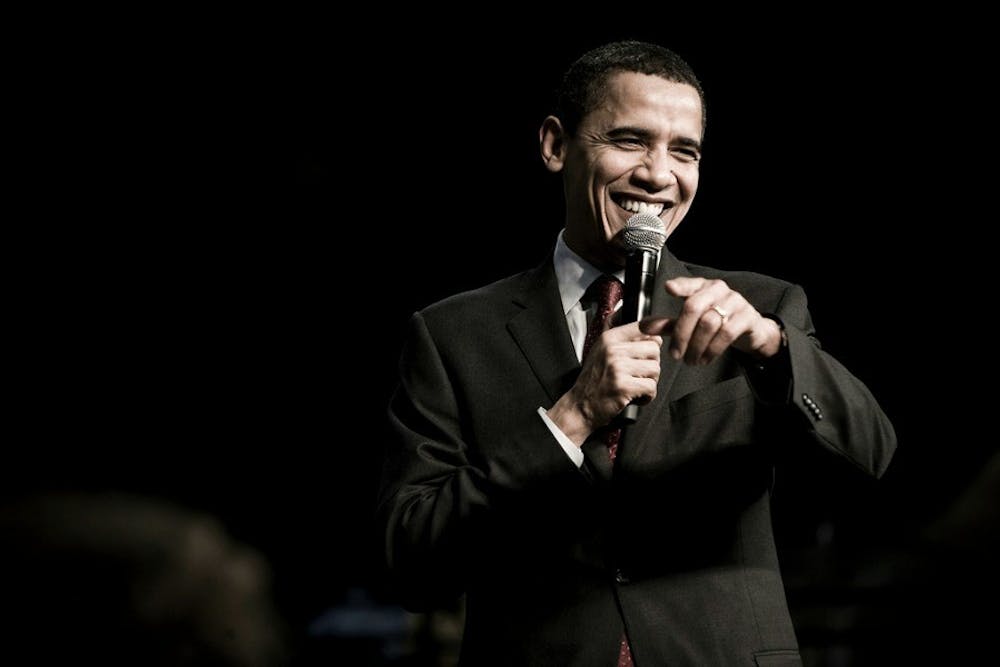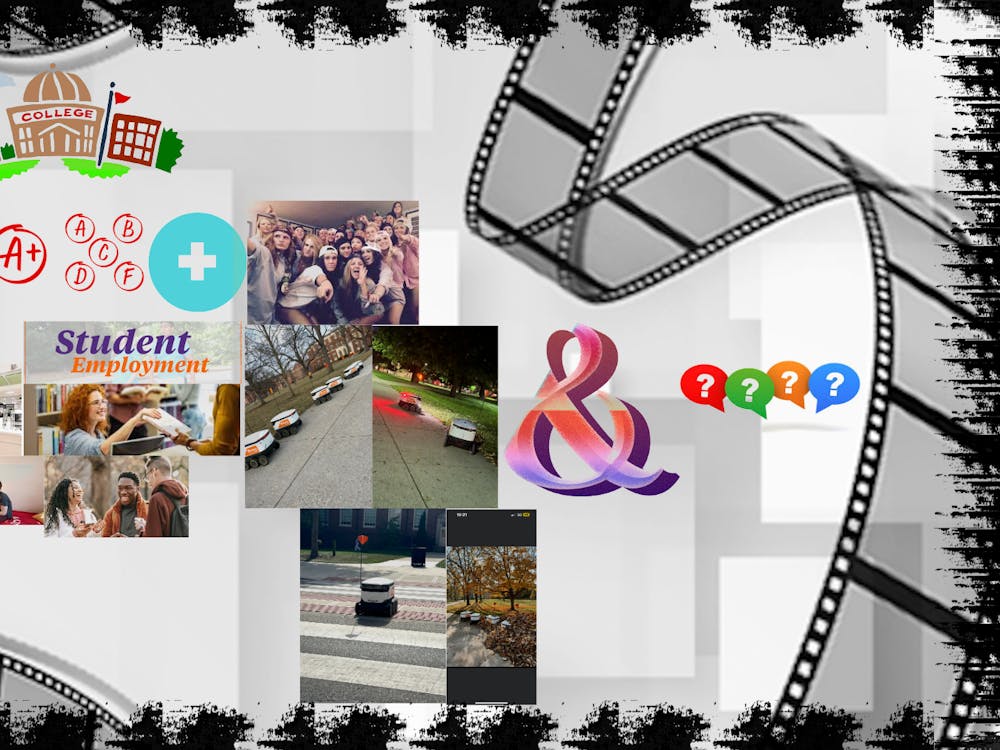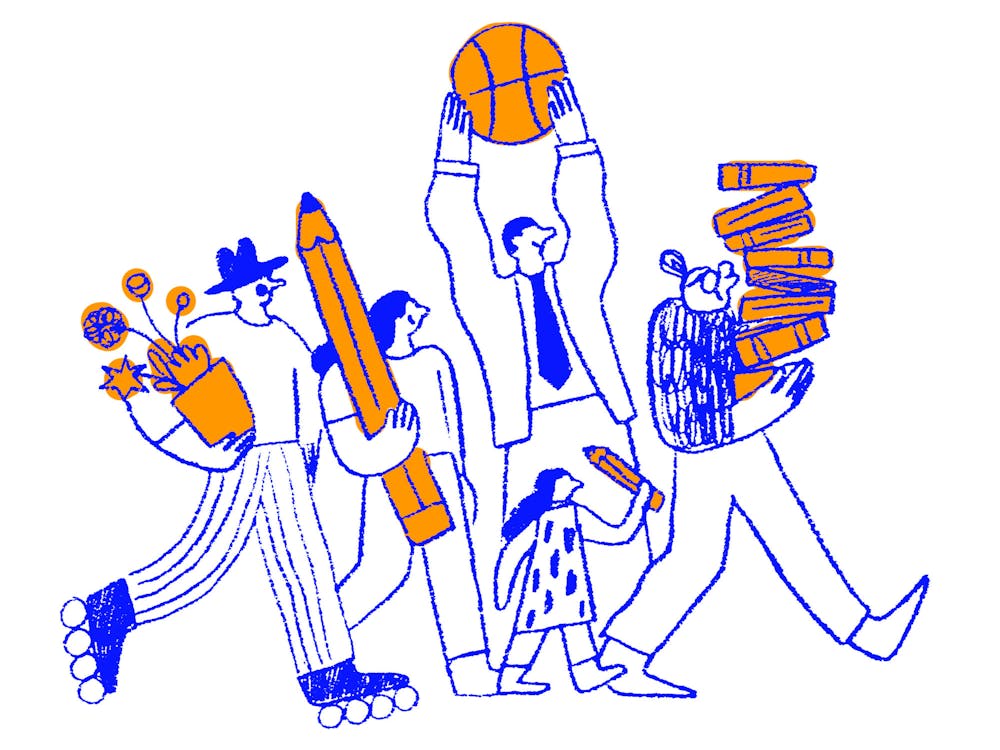Amanda's Approach
I'm holding one of those "It's On Us" buttons and I can't seem to look away. My fingertips circle the shiny metal clip on the back and my eyes read the words printed in bold capital letters as I do a twirling motion with my hands. And suddenly, with this weightless button in my palm, I feel heaviness.
Because I wonder what students at Miami will really think when they see this button and watch those videos and take that pledge and pass by the posters with the "It's On Us" tagline. I worry students will laugh it off, I worry they won't even notice, I worry this button won't click.
When it comes to the conversation about rape culture, however we might define that big, daunting term, I think we're missing something. When we talk about rape culture, we all tend to hug a corner of what we think is right or wrong and spiral through a list of modifiers and "what ifs." We get lost in the details and the blame-game and this study or that statistic.
For me, the missing thing is the "us" part of the slogan. If stopping sexual assault, defining consent and creating a better atmosphere rests on our shoulders, maybe it's time to reclaim what "us" really means.
We might not have many ties to connect us; but, here at Miami, we are an "us." If we all want to stop sexual assault and reverse our culture, we have to enter into more of a united mentality. With something this important, we need to find a way to be on the same team.
Right now, I'm thinking about a string of faces all filed under best friends, teammates, classmates or those girls and guys who are simply a collection of somewhat familiar names to me. I think about these people and I get this feeling of "us." I lean on them, and they lean on me. They pick me up from class when it's snowing and they bring me chicken noodle soup on sniffle-filled days and we have group-texts and we hold eachother's hands during scary movies. They protect me. This unit of people around me and around all of us, this is the best tool for changing the culture. We are a unit of people; we are all part of "us."
When we lose that, it's easier to see sexual assault as somebody else's problem.
As we walk into bars, some of us shed our human cloaks and we turn into something else. The normal versions of ourselves get muddled in a whirlwind of shots and sweaty dance floors and alcohol-induced sparks. With a pitcher of Redskins and a splash of primal impulses, suddenly all of our rationalities are washed away. And suddenly, we stop being an "us."
But, how much alcohol does it take for us to stop protecting each other? At what point in the night do we forget how we should treat each other? At what point is it okay to turn our heads? When did we accept that some girls just put themselves in bad situations or deserve it because of what they're wearing or how drunk they are? When did we accept that some guys just don't know what consent is?
In some situations, we need that "us" factor to show up in more bold ways than others.
When it comes to stopping sexual assault, we need to dig a little deeper to unwrap the shiny bow around the "It's On Us" message. To really unpack it, we need to look at ourselves with giant magnifying glasses and figure out what those bullet points and the statistics really mean. At some point, "It's On Us," needs to shift from words and photos shared on Facebook to an instinct, maybe an expectation, that begins to live inside us. When these buttons are in the trash and when this week is over, we all need to carry something on with us.
Enjoy what you're reading?
Signup for our newsletter
We're going to keep drinking. We're going to keep hooking up. We're going to keep waking up with headaches and craving nachos.
But sexual assault doesn't need to be a part of the pattern anymore. Not here. Not with "us."




